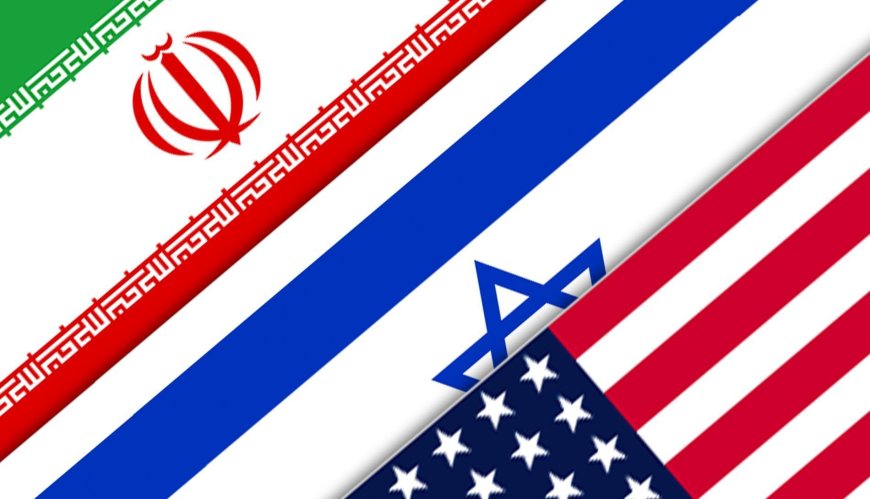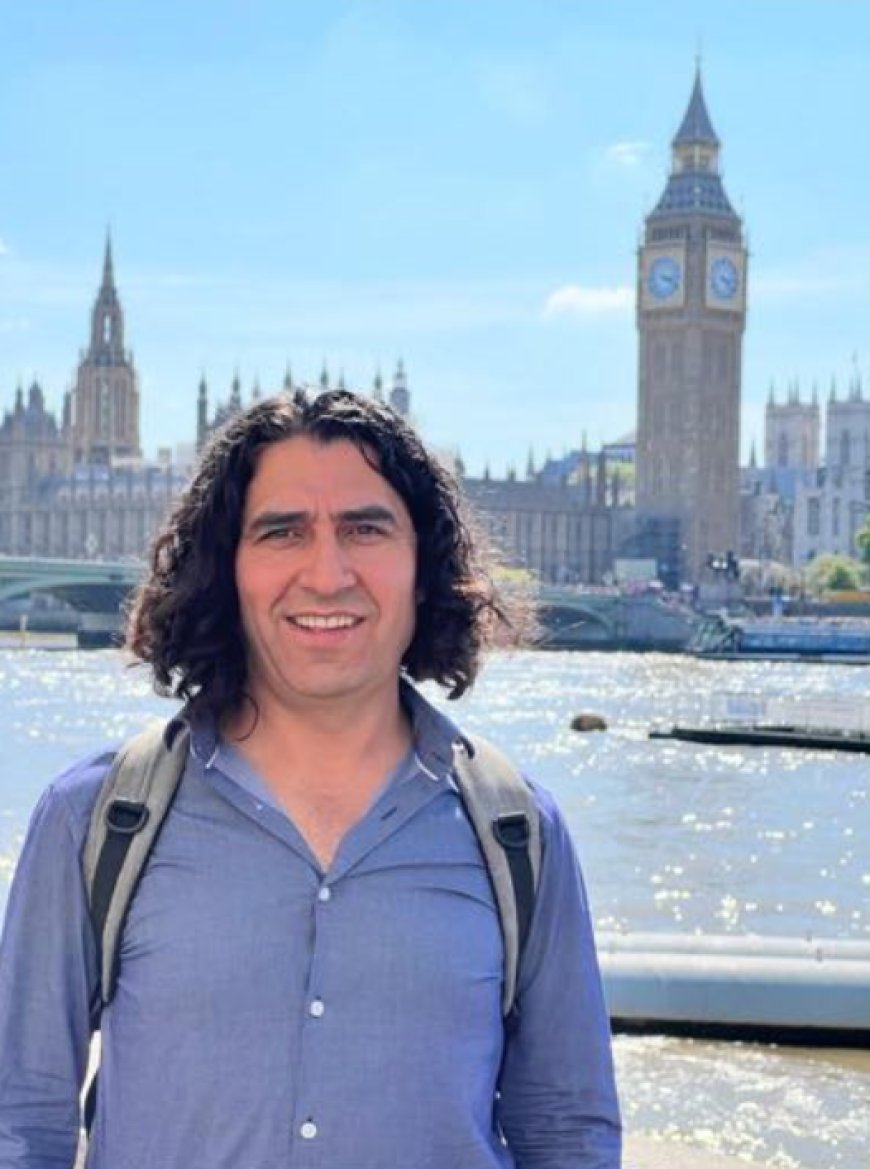Researcher: Solution in the Middle East depends on changing the pattern of governance
A researcher ruled out the outbreak of a direct war between Tehran and Tel Aviv, saying: "It will be between the United States and Iran," and pointed out that in order to overcome these crises in the region, a model of governance must be adopted that relies on democracy, equality, and social justice.
Reports indicate that the rivalry between Israel and Iran has escalated to new and more dangerous levels, making the prospect of a full-scale war between the two sides more likely than ever before.
Dr. Sivan Saeed, a researcher at the University of Exeter in Britain, considered that what is happening now: "makes us accept the argument that the conflict has escalated and we will expect direct attacks from both Iran and Israel."
The researcher pointed out that both Iran and Israel have many means of influence to manipulate before entering into a direct war.
Sivan believes that what we are seeing now is: "Tension and conflict that have existed for a long time. But if war breaks out one day, it will not be between Israel and Iran, but between the United States and Iran," and he pointed out: "Russia and China will not remain spectators to the war, then the war will be much bigger than what we see in Ukraine now, but it is not easy for that to happen now."
The researcher believes that the reason behind this escalation is that both Israel and Iran are under enormous multi-faceted pressures, both internal and external.
Sivan Saeed explained that the United States and the West want Israel to calm the situation with Iran and its Shiite and Sunni proxies in the region. He noted that Netanyahu and his government will collapse once the Gaza crisis ends.
On the other hand, the researcher believes that Iran is under enormous pressure from within and from the Iranian people as well, and externally, there are differences between Russia and Iran, especially regarding the Syrian crisis.
Long story short, both Iran and Israel want to continue such indirect conflicts, and both are acting cautiously because they realize that they cannot, and do not have full permissions from the United States and Russia to enter into a direct war, according to the writer.
Saeed explained that the direct war has not yet begun: "We are still witnessing an indirect conflict between the two parties (Iran and Israel); and if we talk about the solution, it is very difficult to propose any solution unless the entire system of crises and the way of dealing with them changes, and this is not happening at this moment."
Saeed added that managing conflicts and crises will remain the main approach instead of proposing another method for radical change. For example, Iran will not collapse in the way some wish, and Israel cannot be completely defeated as some Arabs and Muslims want.
Sivan Saeed stressed that: “The only thing we can all be sure of is the deep deprivation and increasing casualties in Gaza, and the famine for the Iranian people because the majority of resources serve the regime and its policy of exporting the ideological agenda in the region instead of improving the situation. On the other hand, the entire region is living in a state of uncertainty and fear of the escalation of the conflict at any moment.”
As for the solution, the researcher points out that the solution does not come through an Islamic state like Iran or ISIS or a Jewish state like Israel, as states and governance cannot be based on religion, race or class, but rather through multi-dimensional, democratic states based on equality and social justice.
He added: “The existence of such a state in the region is impossible at the present time, so I do not see a solution, and I see nothing but crisis management by the major powers, which will cause more victims among the people of the region.”
















